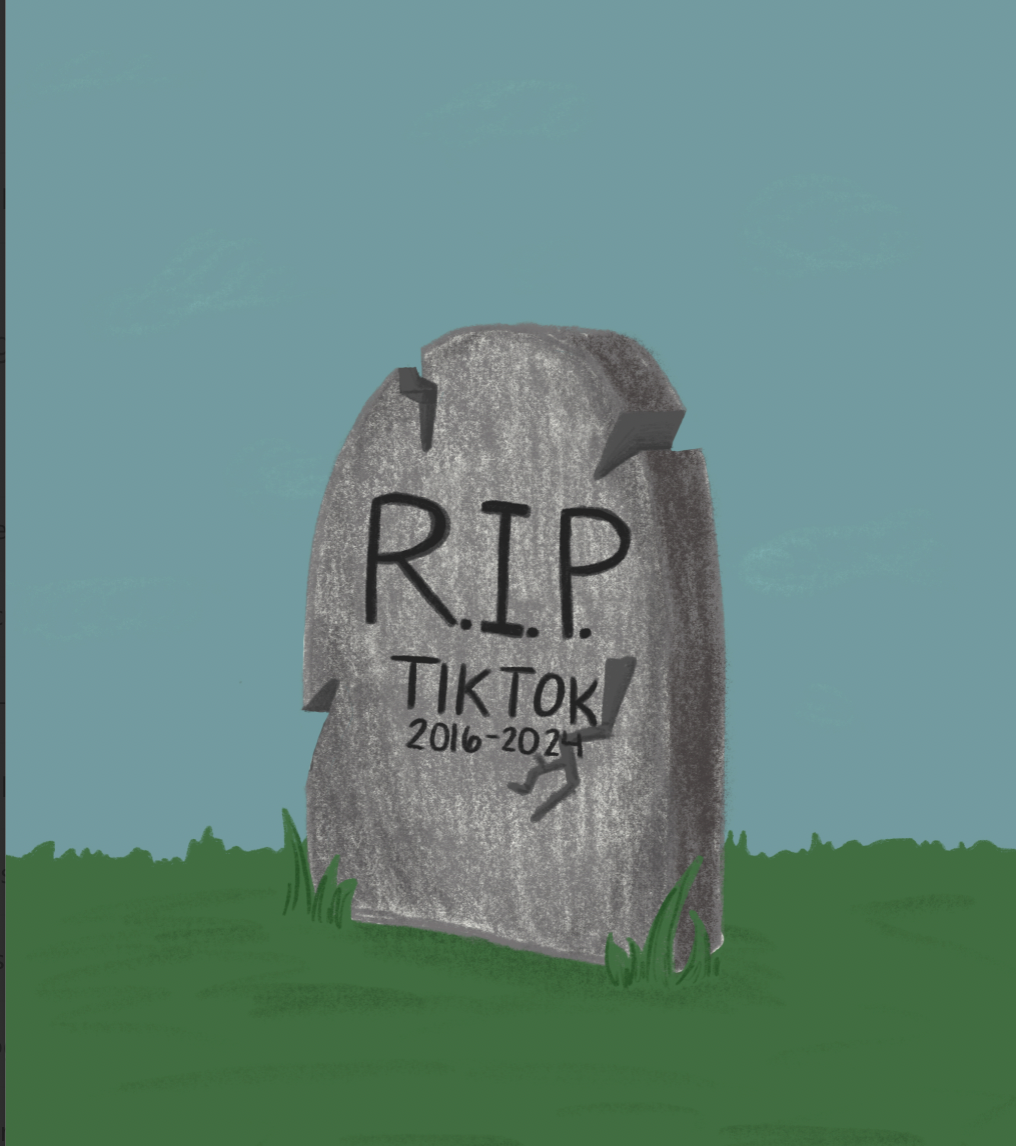French President Emmaunel Macron’s pension reform law sparks protests
Throughout March and into April, throngs of protesters took to the streets in response to French President Emmanuel Macron’s pension reform bill. The move comes after President Macron raised the country’s retirement age from 62 to 64 through the controversial article 49.3 of the French Constitution, enabling the President to force the passage of his pension reform without a vote.
President Macron’s decision stems from a pension system threatened by the country’s changing demographics, along with a stalling French economy. Macron’s Bill, however, faces fervent and steadfast backlash from the general populace. In a CNN IFOP poll, roughly 80% of the population deemed the new bill “unjustified” and a further 70% said they are dissatisfied with President Macron.
Harrowing images of burning cars, piles of trash bags, and clouds of tear gas have shocked the world as French protesters take to the streets. In Paris alone, tens of thousands of people gathered to protest in the city square Place d’Italie. Protesters even threw an effigy of Macron into a blazing bonfire in another one of Paris’ many public squares.
The Parisian government has since banned large gatherings in the city. In Marseille, protesters broke through police barricades and even occupied a train station. While most protests have remained peaceful, some have stirred into violent riots, impelling the police to disperse tear gas to crush the dissent.
However, President Macron’s pension reform bill puts France more in line with its European Union neighbors. Currently, the average age across the 27-nation bloc is 64.8 years. In a prime-time televised address on April 17, Macron explained to the French that “working a bit longer, as our European neighbors have done, will create more wealth for the economy and allow greater levels of investment.”
Opposition parties and unions have criticized Macron’s proposals, claiming that they are a brutal attack on the nation’s welfare system, which relies on hefty taxes and pension contributions to provide generous social services. In contrast, the Macron administration contends that increasing the retirement age would address a projected 13.5 billion euro shortfall in the pension system by 2030. Nonetheless, a report released on April 18 indicated that the government’s anticipated benefits were excessively optimistic and that a deficit would still persist.
The protests in France against President Macron’s pension reform bill highlight the tension between government’s efforts to address economic challenges and the public’s desire for a generous welfare system. Despite aligning with EU standards, the significant opposition to the bill necessitates further dialogue and compromise. As France continues to grapple with the consequences of an aging population and underperforming economy, finding a balance between financial stability and social welfare will undoubtedly remain a contentious issue for years to come.



























